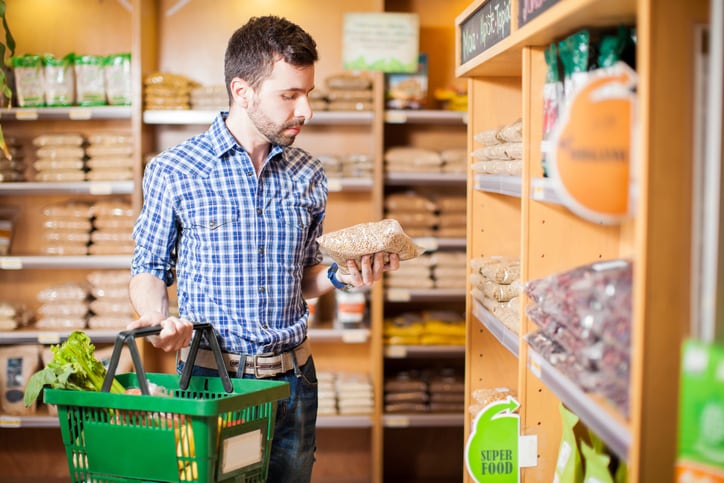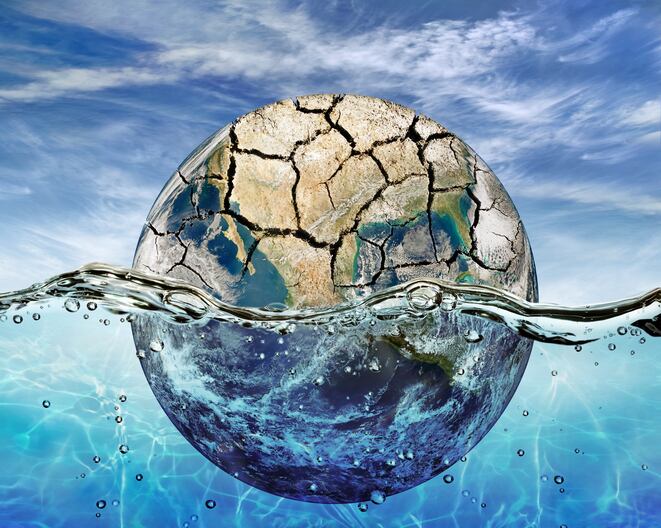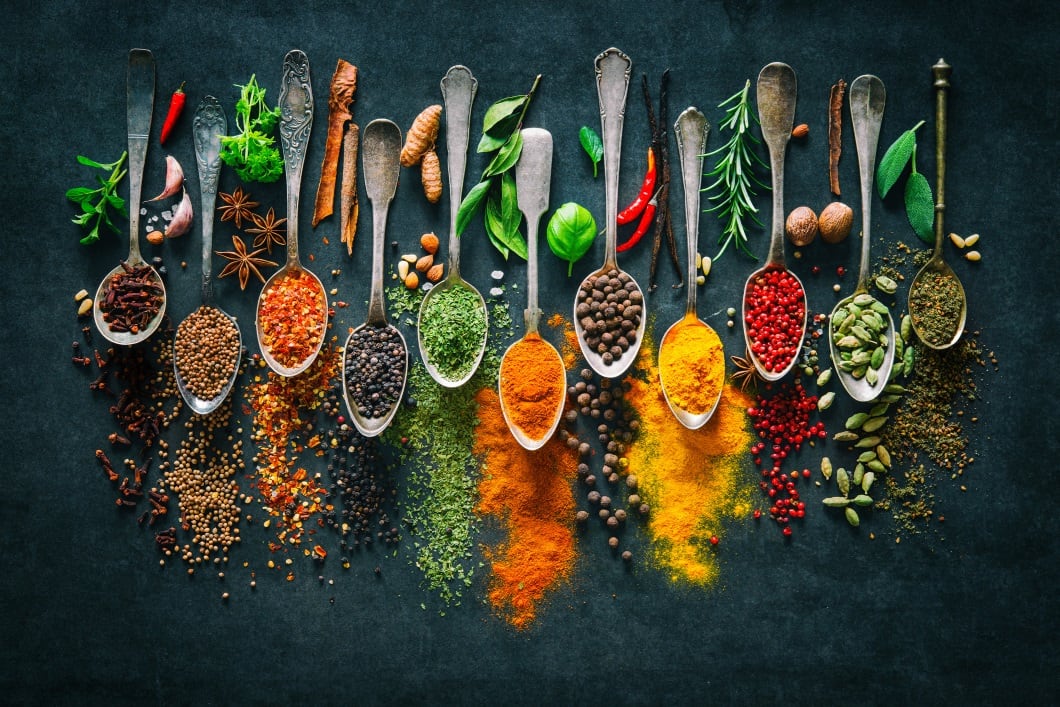These were the questions that Lewis Akenji, from the Faculty of Agriculture and Forestry at University of Helsinki and executive director of SEED, set out to address in his recently published doctoral dissertation.
The behaviour gap
According to the 2018 Ethical Consumer Markets Report, consumers are increasingly putting ethical considerations at the heart of purchase decisions.
The organisation, which supports ethical consumerism, has been tracking UK consumer attitudes to consumption since 1999. Over the last 20 years, the issue of whether food has been produced in an environmentally sustainable way has come to the fore. Ethically produced food and beverages saw a 16.3% increase in sales in 2017, Ethical Consumer claimed.
“There’s a growing awareness of the impact that our personal choices at the shops has on the environment; it’s no coincidence that we’ve seen such sharp increases in sales of ethical products and services,” Rob Harrison from Ethical Consumer said.
In particular, he pointed to the impact that the climate crisis is having on consumer attitudes. “Over the last two years communities across the UK have experienced first-hand the terrible impact of changing weather patterns, as well as witnessing devastation across the globe. This is a huge moment and we should encourage more consideration of the impact of what we use and how to ensure we can live more sustainably.”
However, Akenji is more sceptical about the number of people who are walking the walk when it comes to green consumerism.
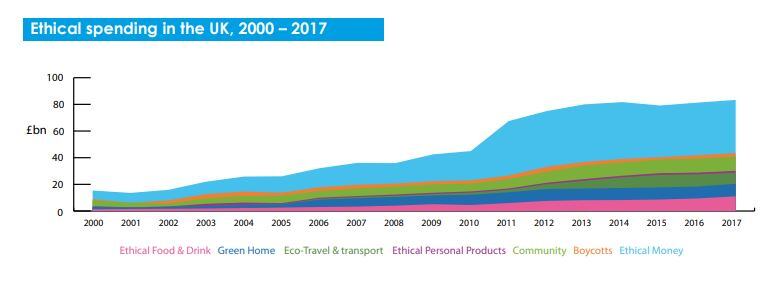
“Researchers asking why so many people claim to be ethical consumers but do not following through with ethical purchases find that there is what is called a value-behavior gap. People hold certain values but don't act accordingly,” he told FoodNavigator.
Some of the behavior gap must be attributed to the individual, their desire to virtue-signal without necessarily following through with action. Much, however, can also be explained by a lack of infrastructure to support green food choices, Akenji believes. A lack of availability, access difficulties and higher prices ‘do not support higher ethical values’.
“What does it say about our society when it's cheaper and easier to get hormone-loaded meat [from animals] over-medicated with antibiotics than it is to find affordable organically grown vegetables?”
Higher pricing ‘punishes do-gooders’
There is a widespread assumption that sustainable foods should be more expensive, reflecting higher production costs. Debate on the topic often centres on the issue of whether consumers are willing to pay more for sustainably produced products.
Akenji believes this question should be turned on its head.
“Ethical consumers should not be expected to pay more for sustainably produced food. We are making it harder for people with good intentions to exercise them. This is a perversion of the food system.”
Akenji also questions the conventional wisdom that it costs more to produce food using sustainable practices, pointing to the need for ‘full-cost accounting’. This would ensure that food manufacturers producing unsustainably reflect ‘environmental externalities’ in their pricing. “If this is done, then the default and more accessible option would be the more sustainable one.”
“The market is skewed towards an abundance of more unsustainable options. Then we punish the do-gooder, the ethical consumer trying to do the right thing, by charging them even more. We punish the ethical producer making them pay for expensive eco-label certification processes, while the environmentally destructive producer goes free and all the way to default access on supermarket shelves.
“Why don't we reverse the logic? We design the process such that all products coming through are sustainable, then we get ‘un-ecolabels' (say a red sticker) on all standard, often unsustainable, products while the sustainable ones don't have to bear the burden of working extra hard to get to the market.
“The result is that the ethical consumer would not have to worry about the price of better products being more expensive, because the system defaults towards such higher standards.”
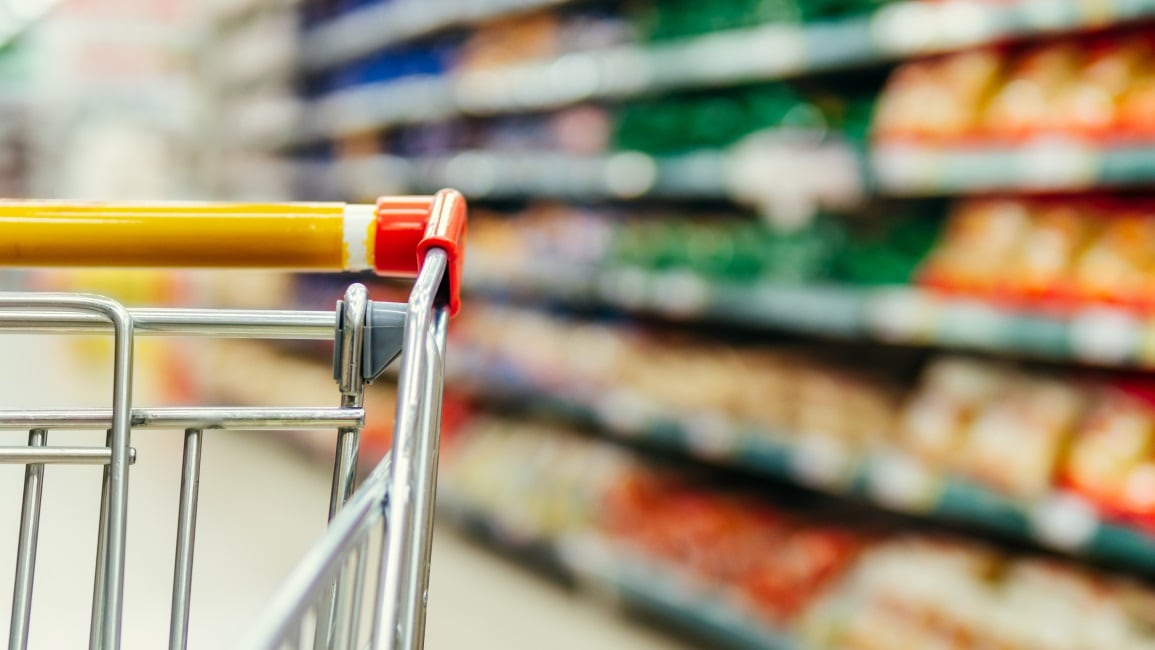
The limitations of the eco-consumer
While arguing eco-consumers should not be ‘punished’ on the one hand, Akenji also stresses that it is important to recognise the limitations of green consumerism to disrupt markets.
“The history of ethical consumption, including boycotts, buycotts, and other discriminatory practices to support sustainable businesses shows that, contrary to pronouncements that the customer is always king, the consumer is really one of the least powerful players in the murky food supply chain," he told this publication.
Akenji points to the limited impact that the long-running boycott of Nestle – in place since the 1980s – has had on the company's dominance of the sector. “Reports of success of boycotts in the media are often played up, or where there is indeed success it is usually short-lived. Boycott Nestle has been going on since the 1980s and the company is still one of the most powerful food industry players.”
The food industry reports that sustainability is increasingly a ‘hygiene’ issue for brands. While it doesn’t command a price premium, or even represent much of a USP anymore, it is something that consumers are demanding and business must respond to.
While Akenji agrees that some progress has been made here, again he stressed the limitations of this approach.
“Self-serving definitions [of sustainability] that do not reflect the urgency and magnitude of change required are risky to industry reputation and to broader society. The more we lean towards definitions of sustainable that hide the problem behind careful PR instead of taking a clear-eyed look and changing the food system, the more we postpone solutions and the bigger the problem grows.”
In this way, a focus on green consumerism can, in fact, come at the detriment of true and substantial progress on sustainability.
“My concern is the relegation of full responsibility to those practising ethical consumerism to bear the burden of changing industry behaviour and shepherding the society towards sustainability. It is far from enough, especially at a time when the magnitude of change needed is so large and urgent, and when industry is so powerful and several of the major players resistant to radical change.”
Where does responsibility lie?
First and foremost, Akenji stressed, it is the moral responsibility of food businesses to adopt more sustainable production systems.
World's largest food and beverage companies
According to the 2018 Forbes Global 2000 the three largest F&B companies are:
- Anheuser-Busch, with revenue of US$56bn and profit of US$7.9bn
- Nestle, with revenue of US$91bn and profit of US$7.3bn
- PepsiCo, with revenue of US$64bn and profit of US$4.9bn
The top 25 companies in the sector generated $749.3bn in revenue last year and $137bn in profit, up from $741.2bn and $86bn respectively in 2017.
“In a resource constrained world, which is where we are now, allowing scarce resources to be wasted on products that are neither needed nor contribute to wellbeing is a waste not only to the environment but also to society,” he argued.
The regulatory framework is also important and should be adjusted to take away the advantage that production that is damaging to the environment currently enjoys. For businesses to truly accept the ‘radical change’ that is needed and stand-down from their protection of the status quo, regulation needs to ensure that businesses trying to produce sustainable foods ‘do not lose their competitive edge over those solely focused on profits’.
Big food is at the heart of the problem, according to Akenji’s assessment.
“One must look at the political economy of food production and consumption to understand the power dynamics among those involved. Despite the emergence of new, ethical players, and efforts by existing giants to buy and incorporate start-up ethical brands into their portfolios, the food industry is being fermented by a few big players.
“Power asymmetries among players involved don't lend themselves to real change when there are still profits to be made from gaming the current system. A combination of government waking up to its role, industry - especially the food industry - recognising this sensitive time in history and the need for radical transformation, would be needed to deliberately weed out businesses holding on to the momentum of profiteering at the expense of people's health and wellbeing.
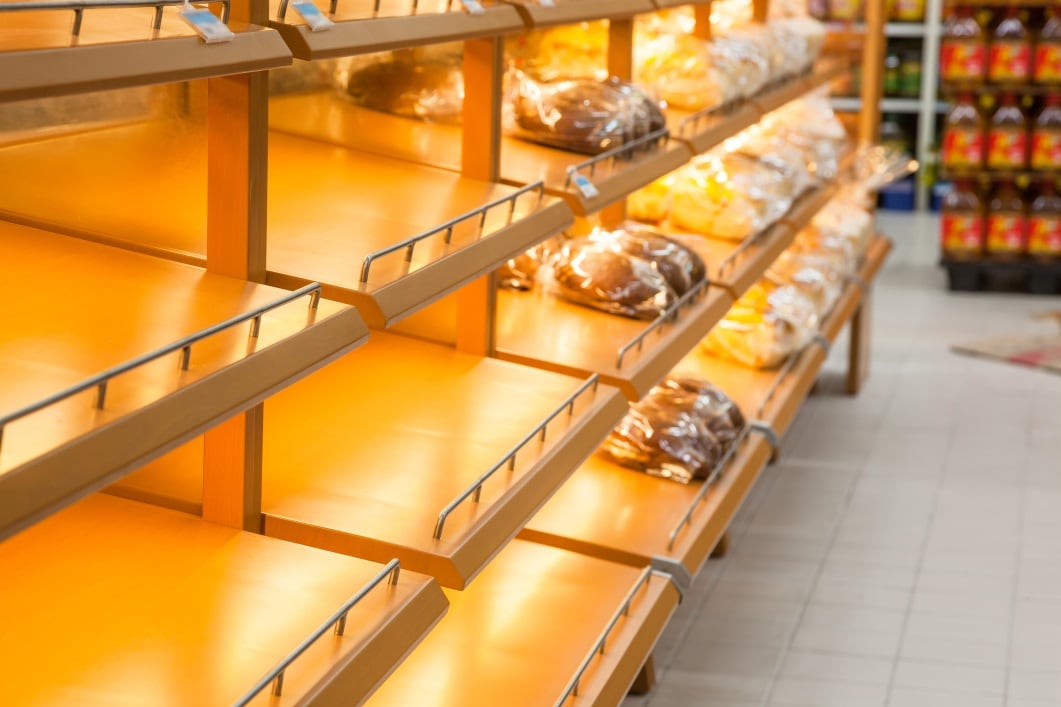
"Policies need to start recognising and editing out options that are proven to not hold up to sustainable standards. The notion of consumer sovereignty and freedom of choice needs to be juxtaposed with elements of responsibility. Corporate architecture needs to be rethought, with a clear view to prioritising society and environment over the interests of a few.”
Akenji also brings a warning to food business that chose to ignore the need to overhaul current systems of production.
"In fact, if industry does not start policing itself more carefully - even, or especially, with weakening national governments - as things get more and more untenable to the public, there will be a radical uprising that demands a rethink of the current food provisioning system that prioritises profits over people and planet.”
It was, after all, the bread riots that stoked the fires of the French Revolution…

